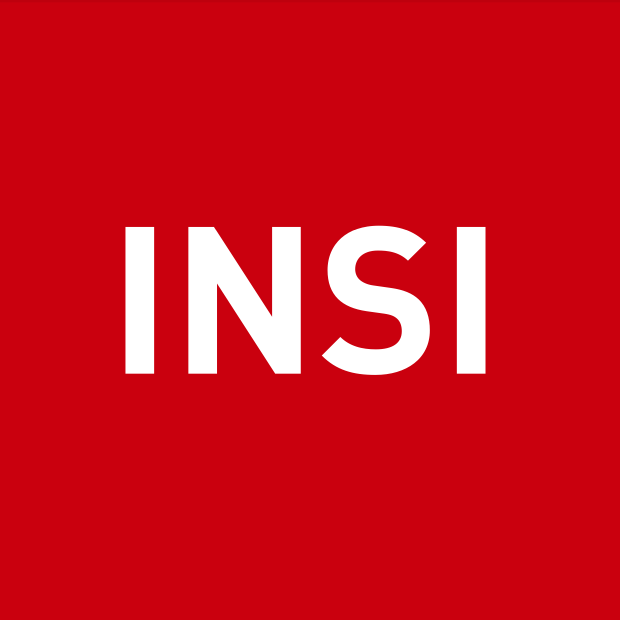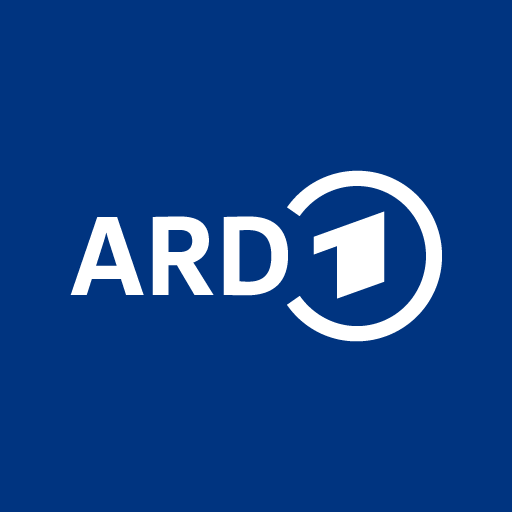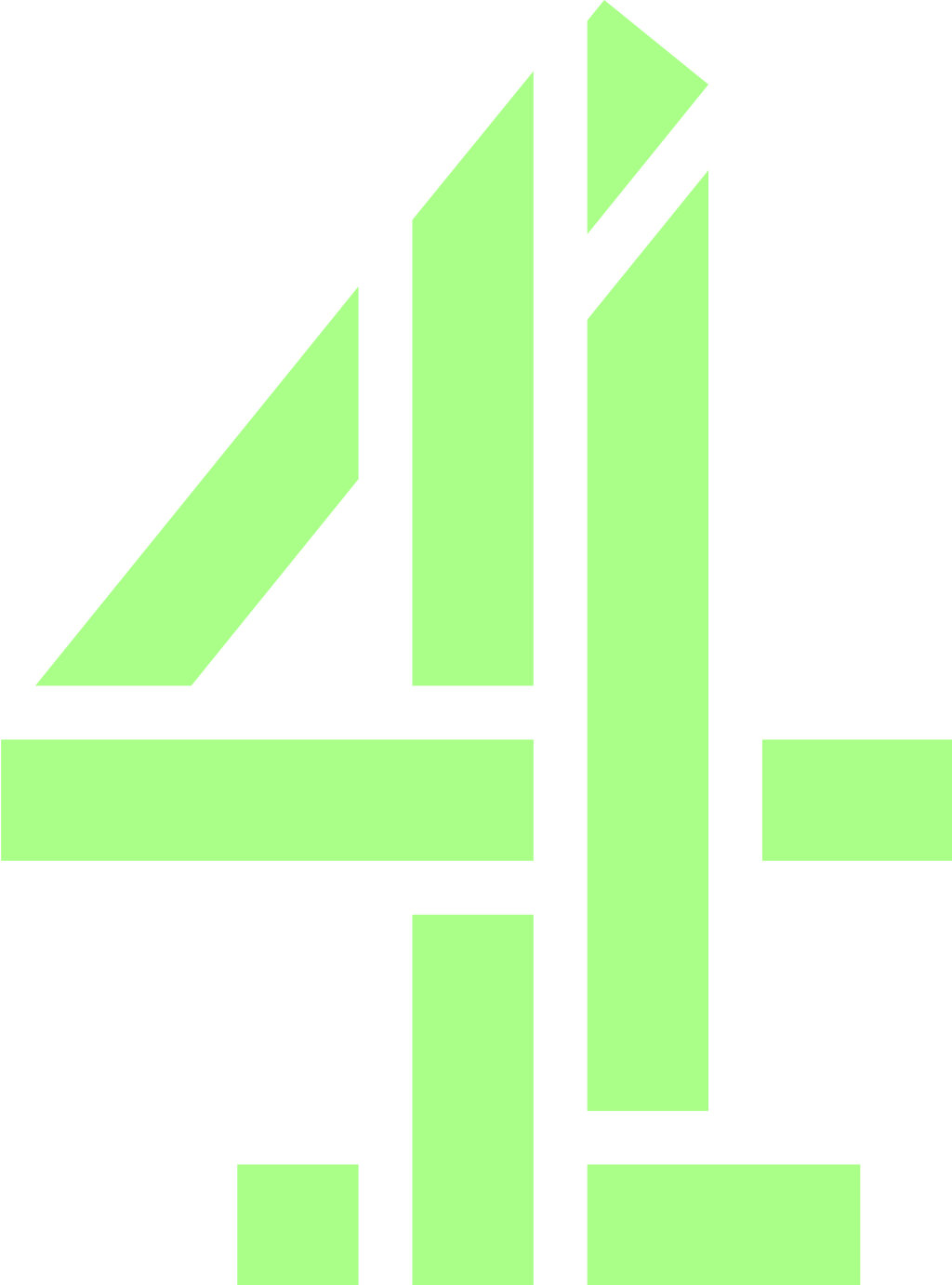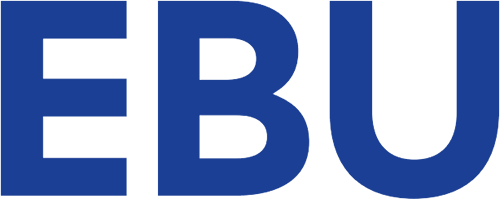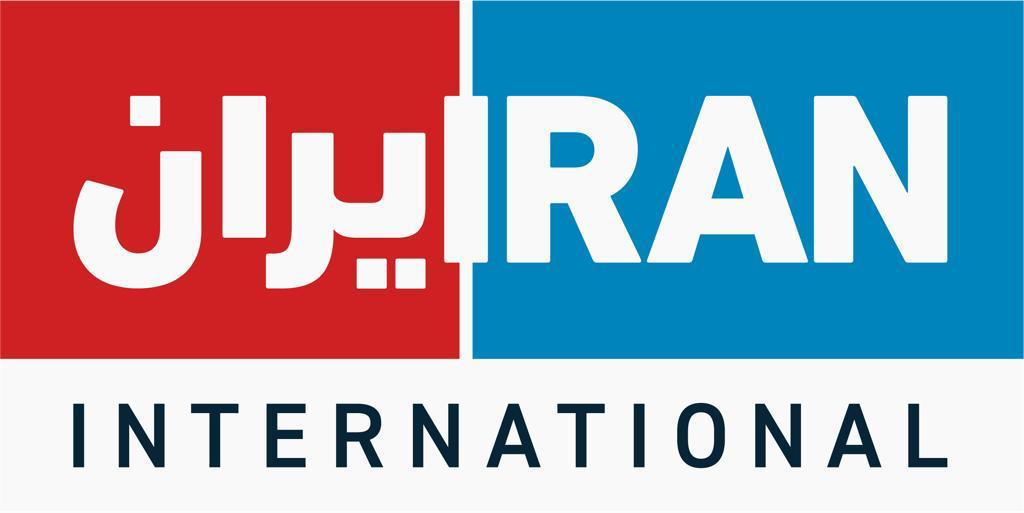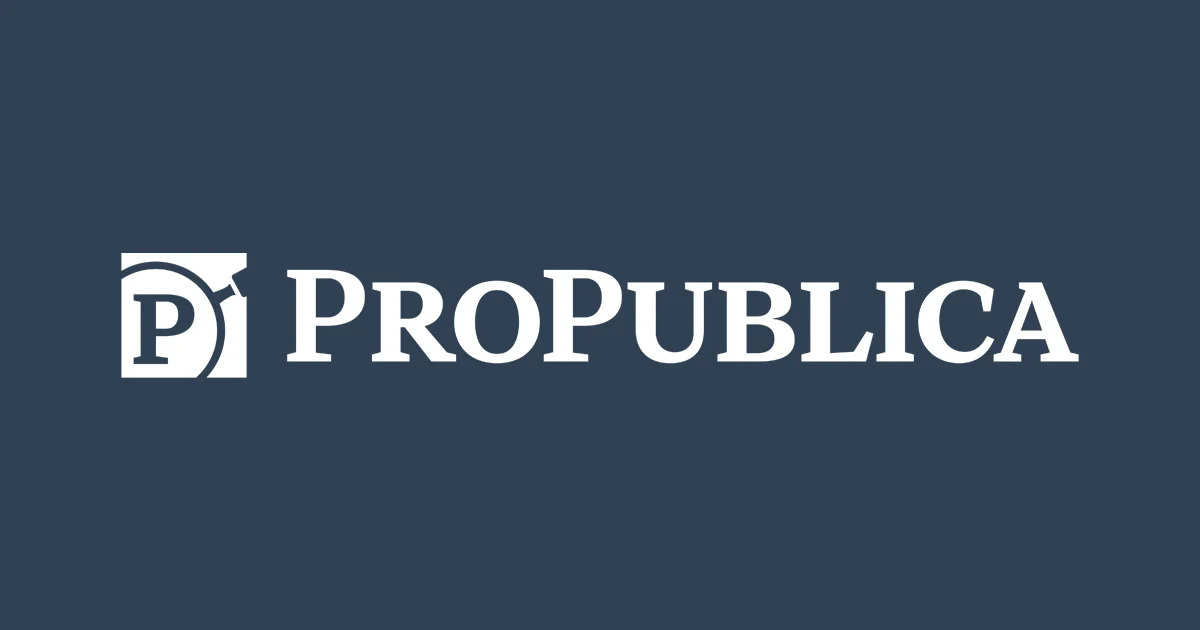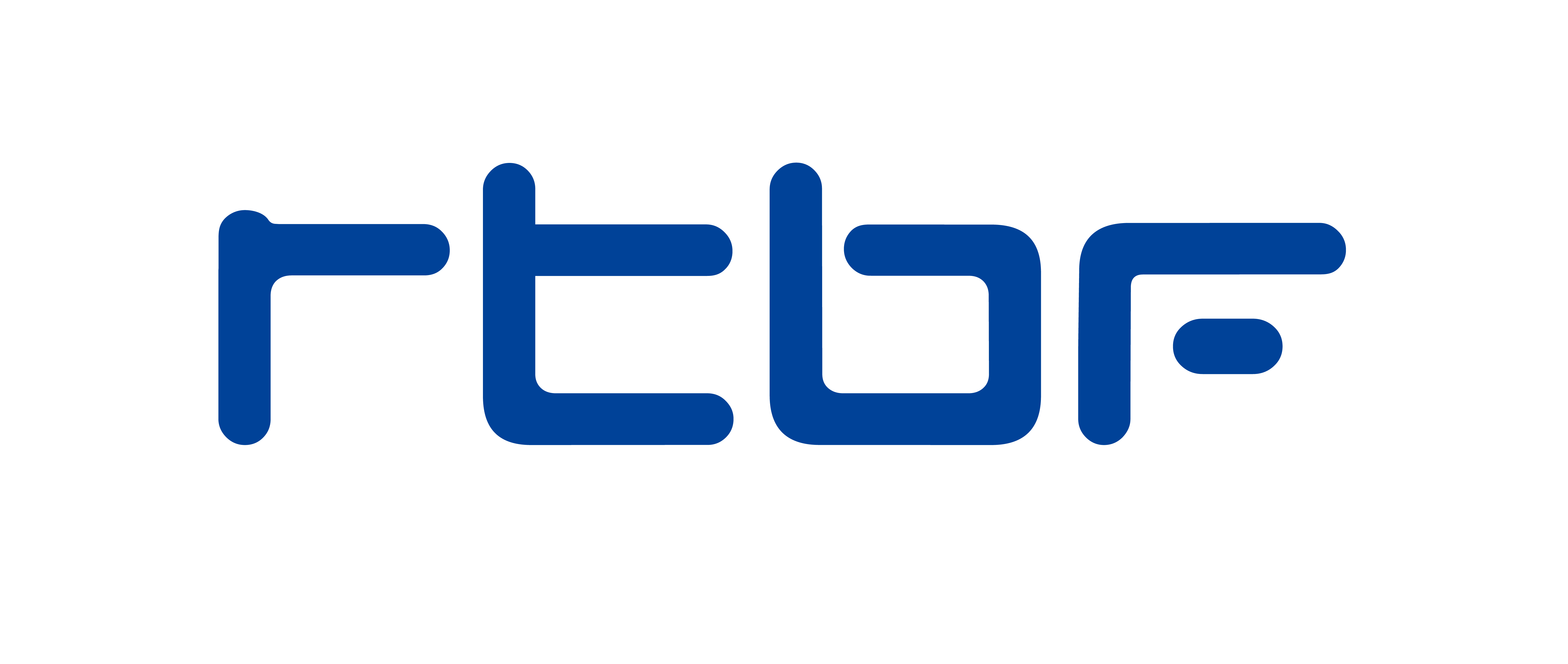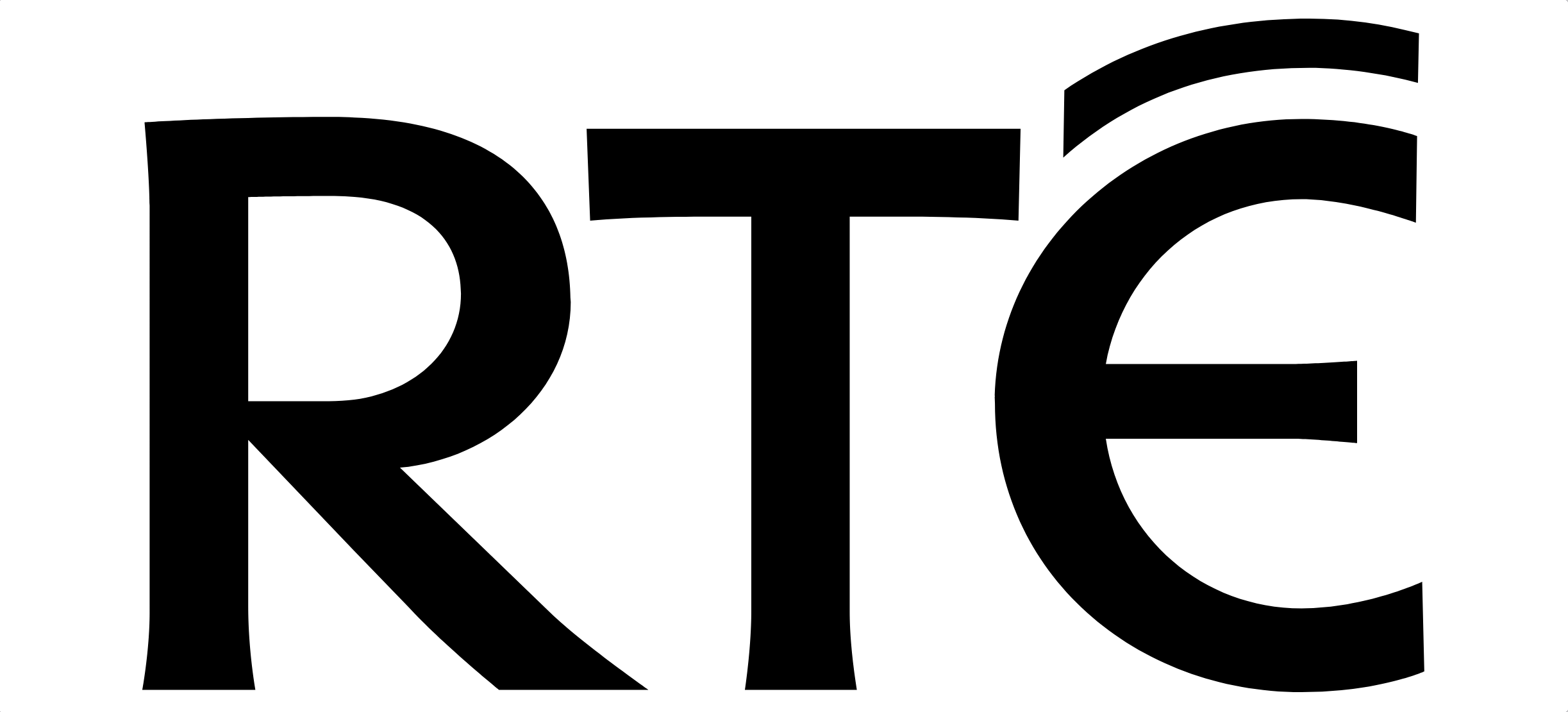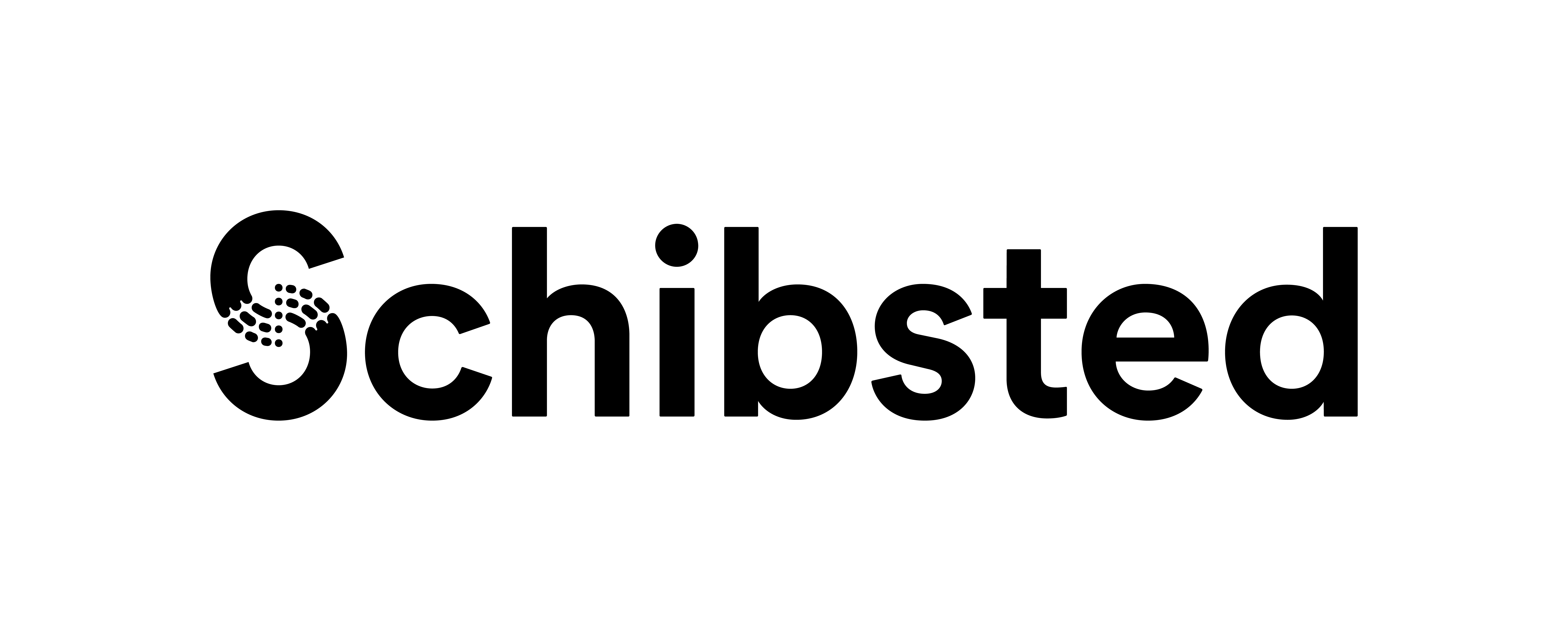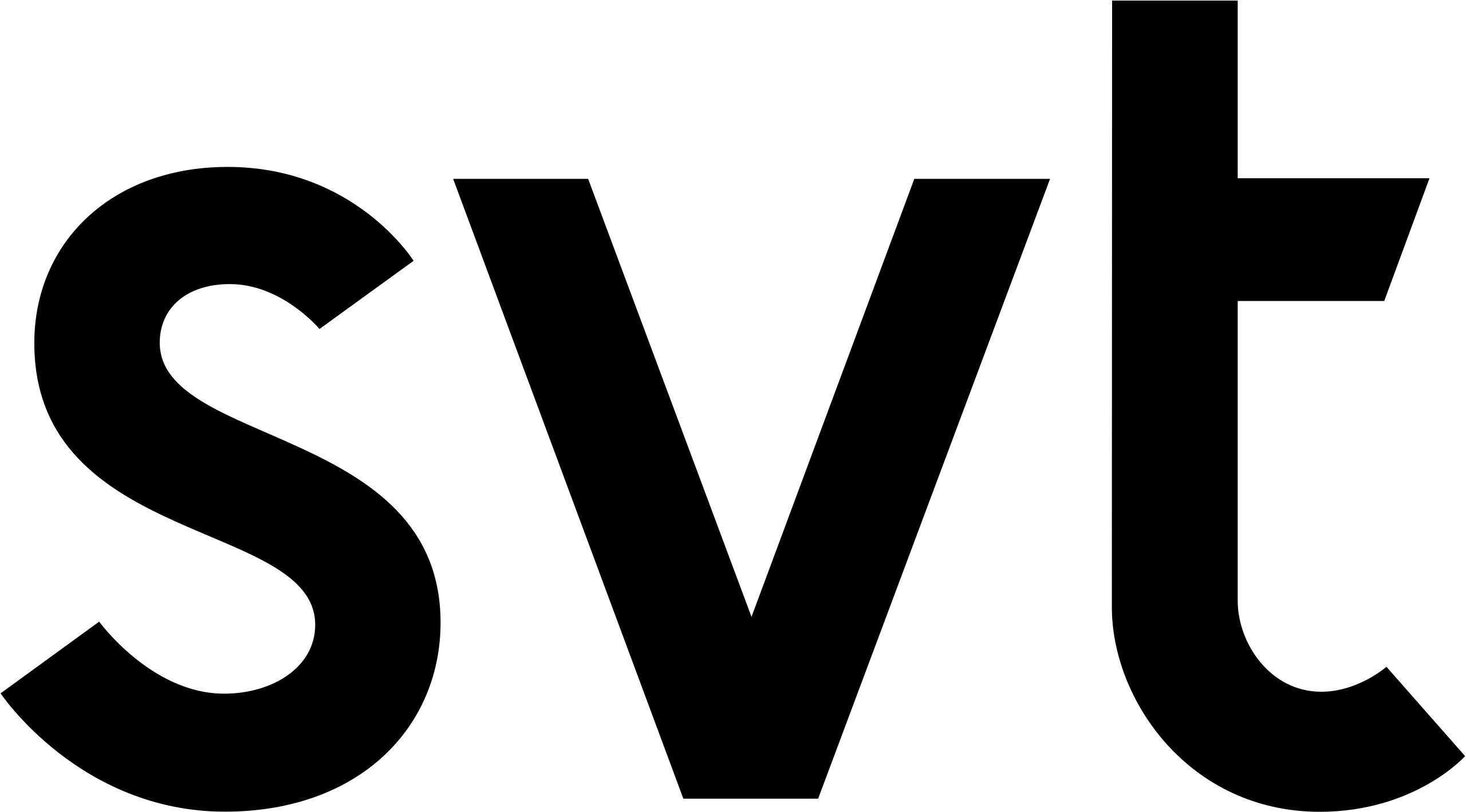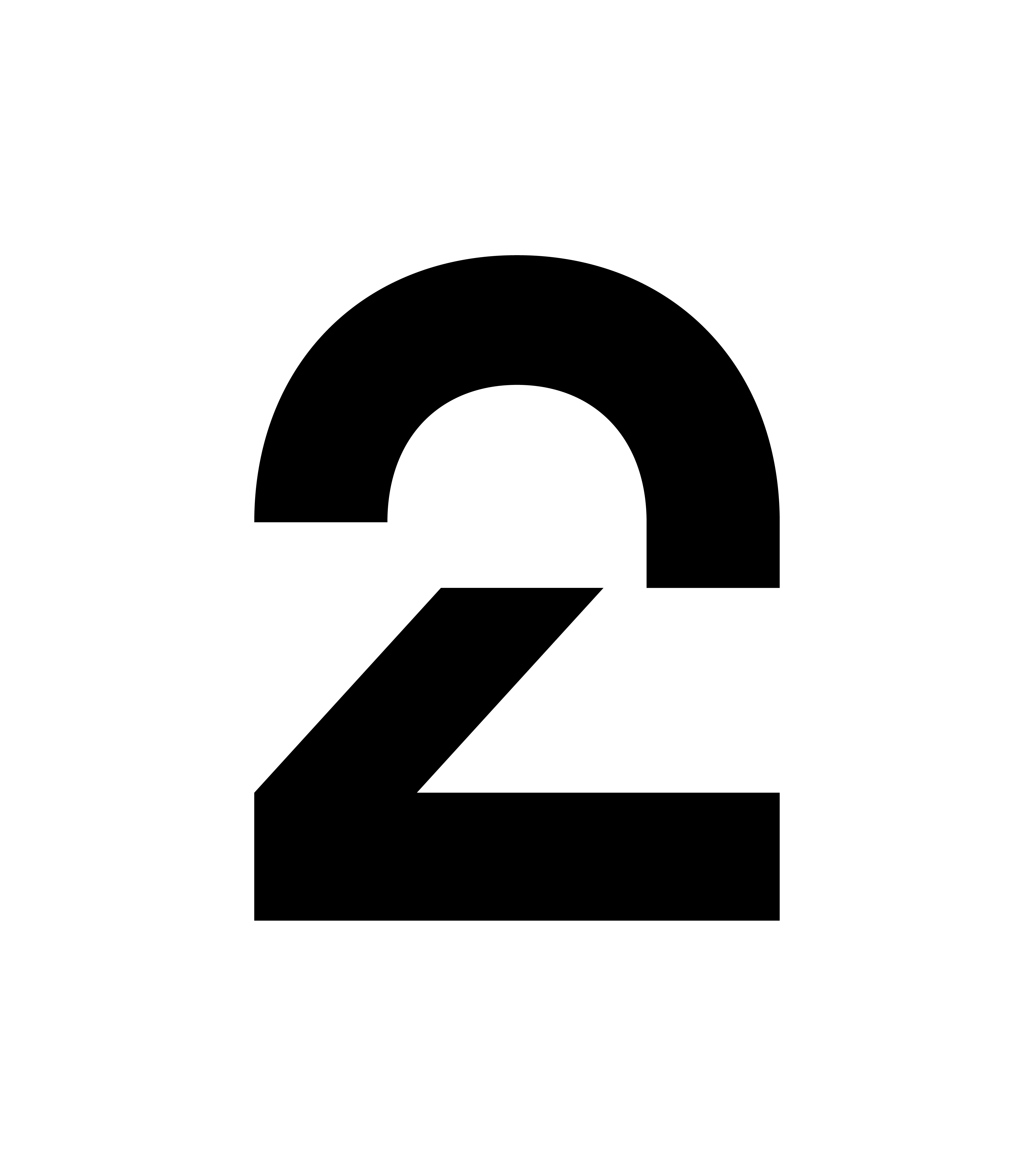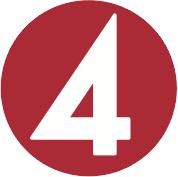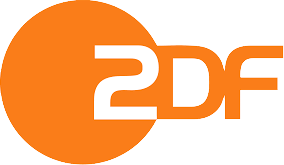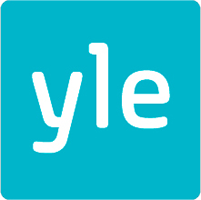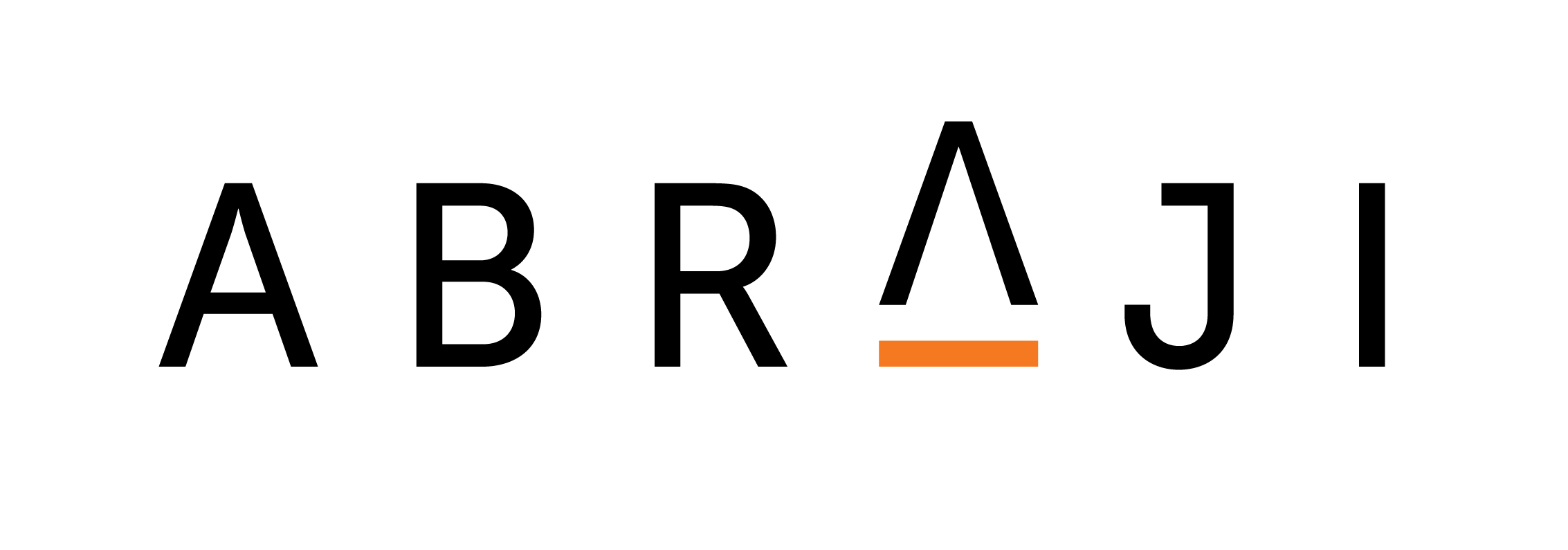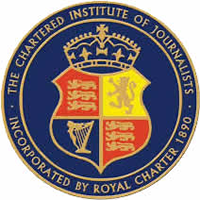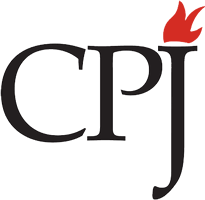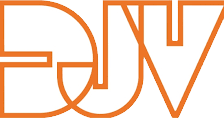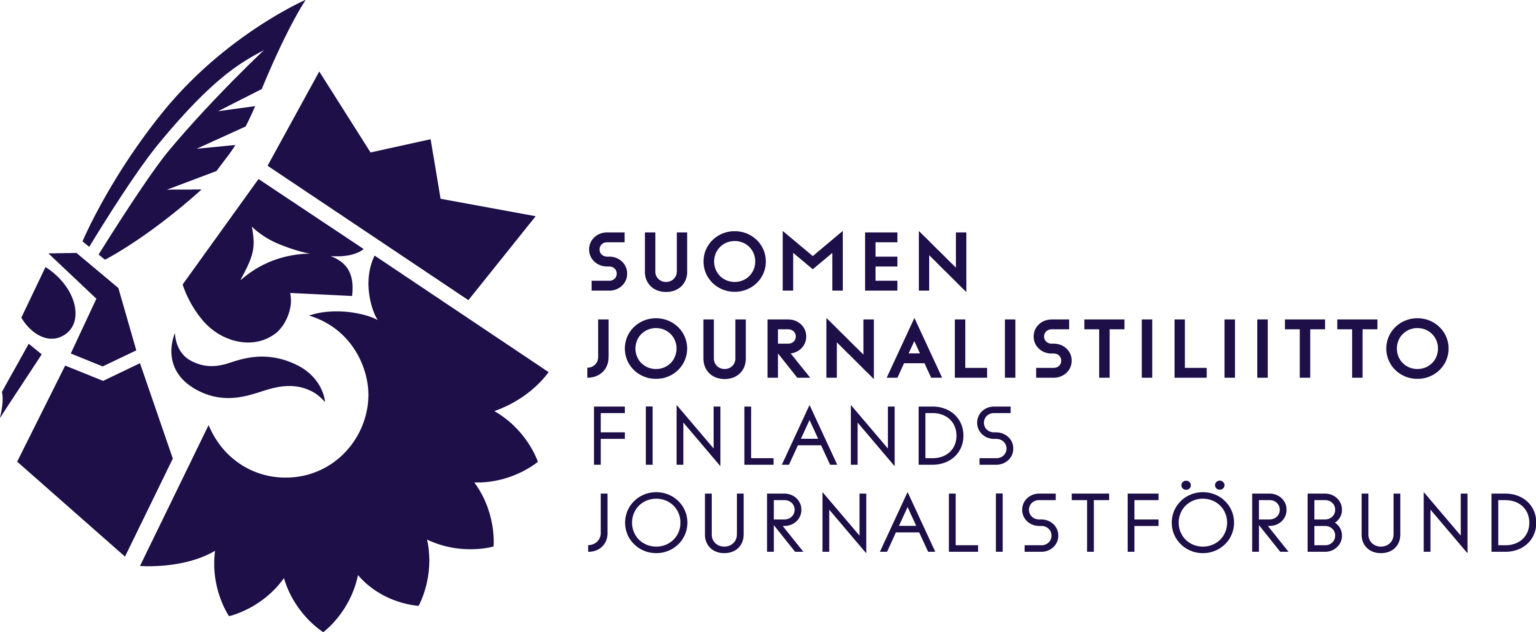An international conference called on the United Nations and its agencies to work with NGOs in the interests of journalist safety both in and outside zones of military conflict.
Organized by the National Committee for Human Rights of Qatar on 22-23 January, the conference also called on governments to respect the letter and spirit of all international instruments on journalist safety, and to strengthen national laws to end widespread impunity for killers and attackers of journalists. It appealed to news organizations to acknowledge their duty of care to all their journalists, and to journalists themselves to seek training before reporting from dangerous situations.
Following an opening plenary session and a series of workshops, the conference agreed to "work towards an ultimate goal setting up an international treaty so that countries can collectively adopt a set of radical new measures to afford credible protection to journalists". The meeting was attended by more than 100 representatives of media, human rights and journalist organizations.
According to statistics gathered by the International News Safety Institute (INSI), of which the EBU is a founder member, 124 journalists and other media workers in 40 countries were killed last year, up from 97 in 2010. The total includes 23 deaths in Libya, Yemen, Syria, Egypt, Tunisia and Bahrain during events linked to the "Arab Spring".
Qatar is home to the international news broadcaster Al Jazeera, whose cameraman Ali Hassan Al Jabir was killed in Libya last year. The small oil-rich Middle East state is expected to take over the chairmanship of the UN General Assembly for a year from September 2012.
One proposal put to the conference was for journalists to adopt a visible emblem - an orange disc with the word PRESS in black letters - designed to afford them greater protection from signatories party to the proposed treaty.
The EBU's Head of Special Assistance David Lewis, representing the director general, pointed out that such an emblem was opposed by the EBU and by INSI's Broadcast News Security Group, which includes the BBC, CNN, Reuters, Sky News and others, as there was a risk that would make it easier for journalists to be identified and killed. The proposal for a press emblem was absent from the final document.
>> Read the original article here
Source: European Broadcasting Union
